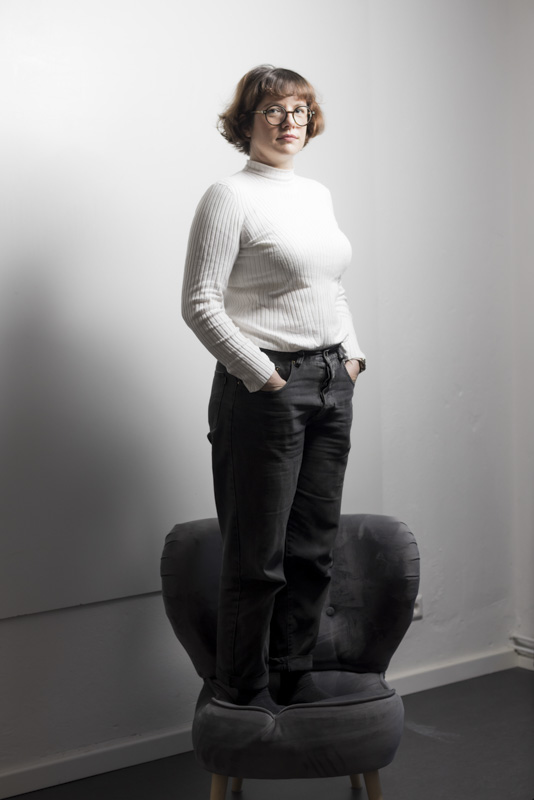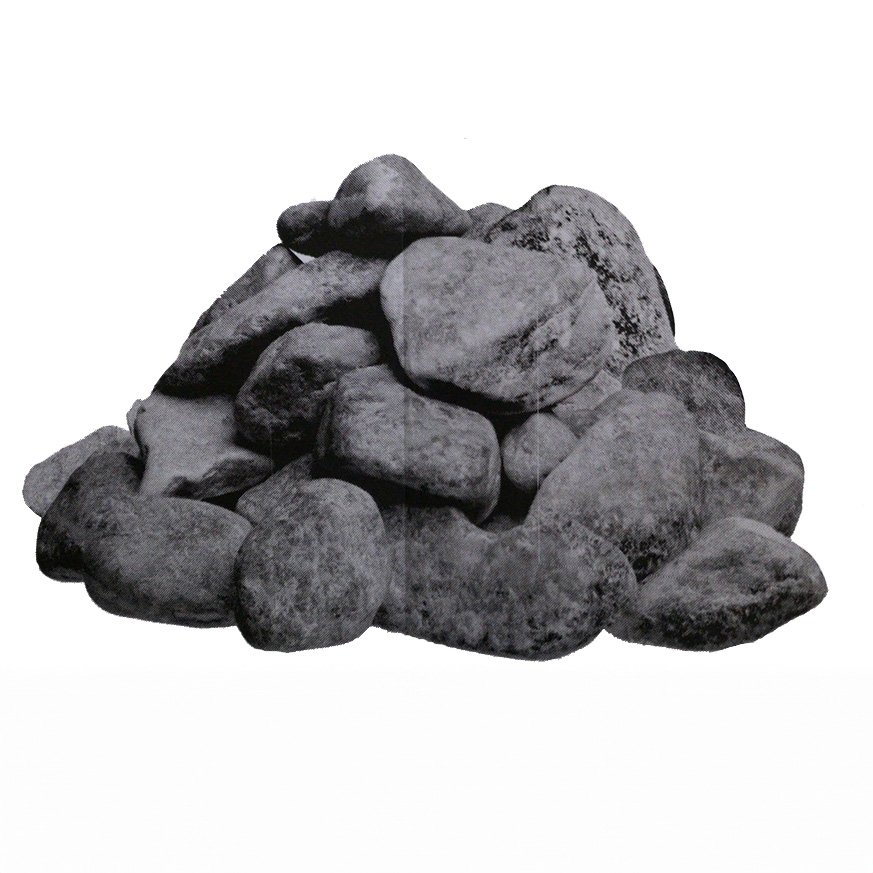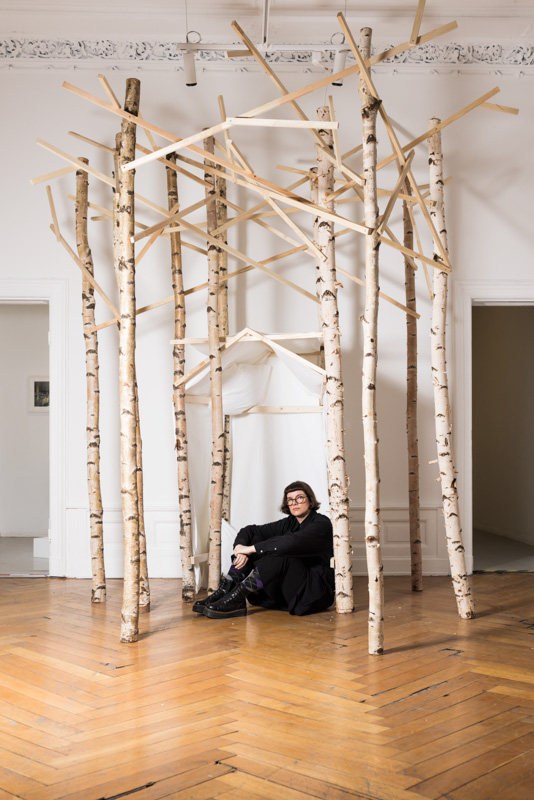About
Artistic Practice
Can an artist claim to be a philosopher? For Ludivine, her work is conceived as such — as that of a “philosopher without words,” where artistic actions and gestures shape existence and thought.
Deeply conceptual while visually sensual, her practice places painting and process-based works at the center, challenging her physically, psychologically, and intellectually. As an example, when she paints the 74th Sky in her series L’Essentiel, she knows that, like the 73 others before it, it will also disappear over time.
Her work defies endurance with monotony, repeating certain motifs ad nauseam, exploring the boundaries of the art object, and subverting institutional and social expectations, constantly reflecting on the precariousness of its own existence.
Crossing disciplines, she navigate freely among painting, new technologies or 3D media, experimenting with various spaces — virtual, theoretical, imaginary, or very concrete, infinite and depopulated — that the viewer is invited to inhabit.
Though her work appears simple, with a minimalist and refined aesthetic, it uses a visual language drawn from archetypal images and situations in the environment, like the sky or the sea. This may evoke an innocence that seems almost naive. But this is an illusion. Beneath this serene and contemplative aesthetic, distant from any apparent violence, lies tension, confinement, struggle, and resistance. For example, through systems that reject finality or productivity, she directly confronts the demands of capitalism. Yet, at the same time, she traps herself in an endless labor from which she cannot escape.
Far from being mere entertainment, her work tackles the great issues of our time with conviction and subtlety. In her project Sleep, Ultimate Refuge, for instance, she explores migration through the lens of dreams, seeing it not only as geographic displacement but as an inner wandering.
Ultimately, her work, which may evade a gaze that is overly analytical or eager for instant answers, unfolds as a radical call to reconsider our relationship with the world, existence, and knowledge — without imposing directives, leaving viewers free to interpret it, or not.
Biography
Born in 1986 in the suburb of Paris, Ludivine Thomas-Andersson lives and works in Lesjöfors in Sweden where she settled in 2018. She graduated with a Bachelor of Fine Arts at La Sorbonne University in 2008 and with a Master of Fine Arts obtained in 2012 at the prestigious Art College ENSAPC in Paris. She has since then worked as an artist. The year 2016 marked many important events: she co-founded the artist-run-space Tables.empty.workshop with her companion Benny Andersson in the town of Montargis (France), it also was the first time she was invited to an institutional artistic residence by the Drac Nord-Pas-de-Calais within the Lens hospital, and finally contributed to her first academic paper through the publication of “The Audience and the Power” by the Catholic University of Lille. Then, ultimately, she moved to Sweden. She became Art History Lecturer at the Örebro art school in Sweden in 2017-2018 and then moved to Lesjöfors where she devoted herself fully to the development of her art. Laureate of a FRESH-A.I.R grant offered by Berliner Lieben, she spent 6 months in an International Creation Residency in Berlin in 2021-2022. The National Art Council of Sweden granted her a one-year-work grant in 2022 that she devoted to the development of her “Knitting the Sea” while pregnant. She gave birth to her twin children in September 2022 and came back to the studio in early 2024.

Address
De Geersgatan 32
68260 Lesjöfors
Sweden

